Historical Holiday
Events
-
-
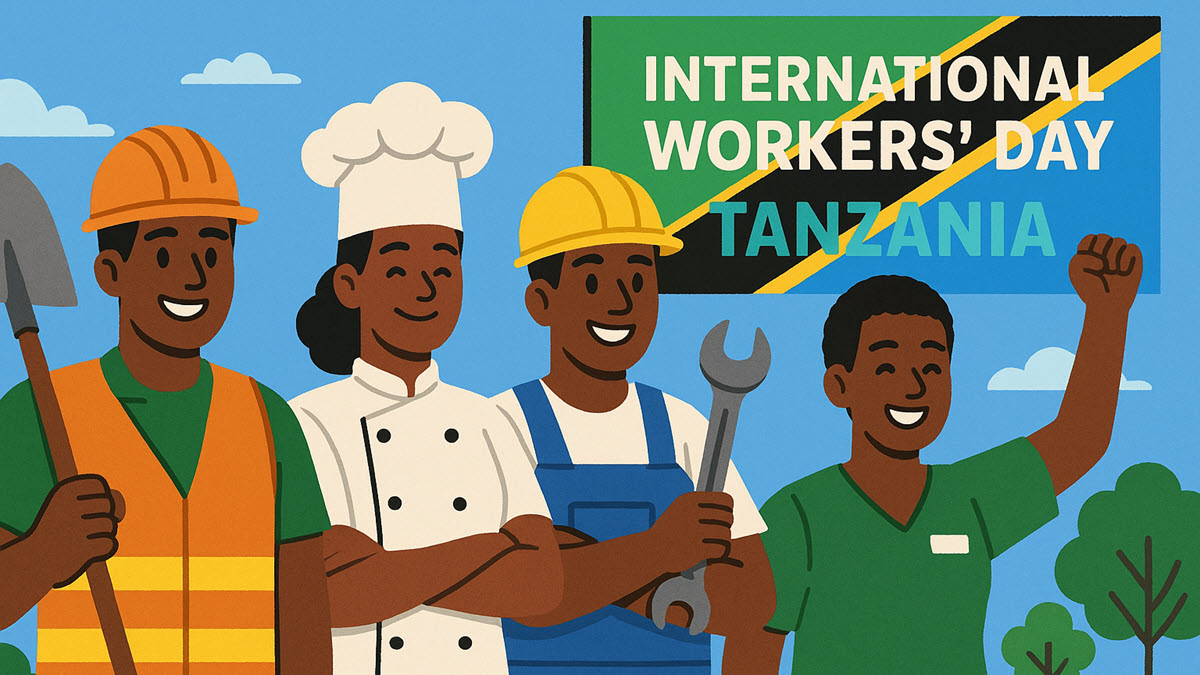
International Workers' Day in Tanzania
International Workers' Day, also known as Labour Day, is celebrated in Tanzania. It is a national public holiday that honors the contributions, rights, and dignity of workers across the country. While rooted in global labor history, the Tanzanian observance reflects the country’s own post-independence socialist values and ongoing struggle for workers' rights.
-

Labour Day Tajikistan
Labour Day, also known as International Workers’ Day or May Day, is celebrated in Tajikistan every year. This holiday honors the contributions and rights of workers, and its roots in Tajikistan are deeply tied to the country’s Soviet past and the global labor movement.
-
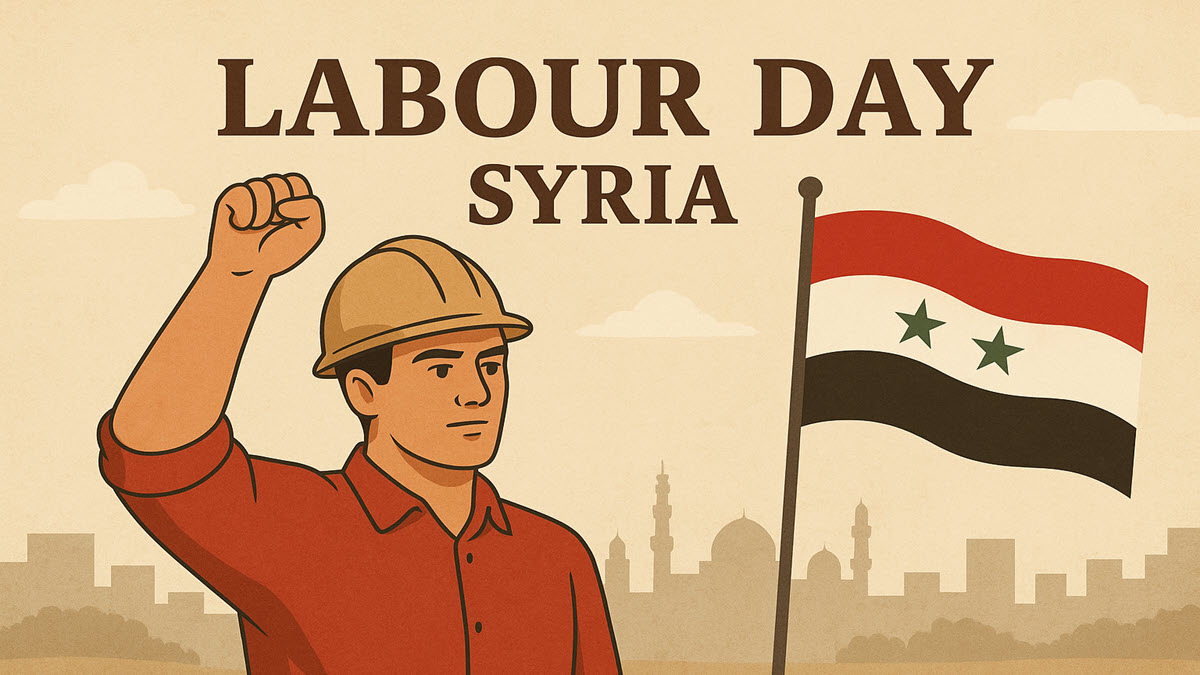
Labour Day Syria
Labour Day in Syria is in alignment with International Workers' Day, a global observance that originated in the late 19th century. In Syria, the holiday has deep political and symbolic significance, especially tied to the Ba'ath Party’s emphasis on social justice, worker empowerment, and state-led economic development.
-
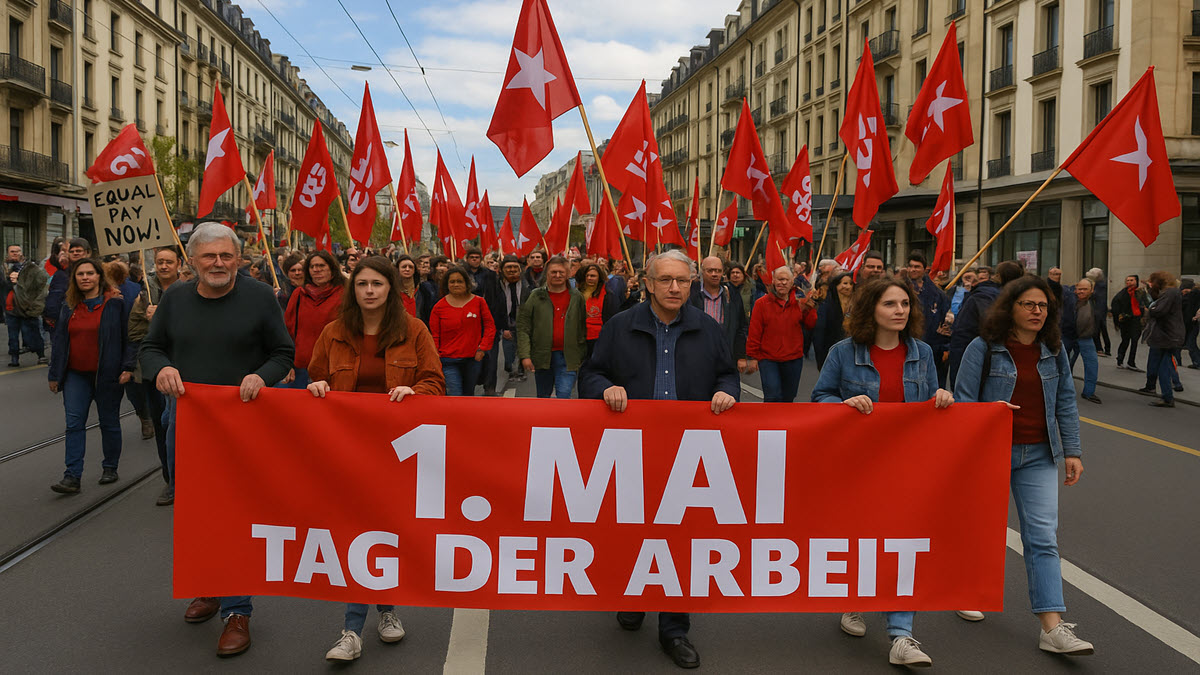
Labour Day Switzerland
Labour Day is celebrated on May 1st to honor the international labor movement and workers' rights. Although it is not a national public holiday, it is officially recognized in several cantons and cities. Its roots in Switzerland date back to the late 19th century, closely aligned with the global rise of socialism and unionism.
-
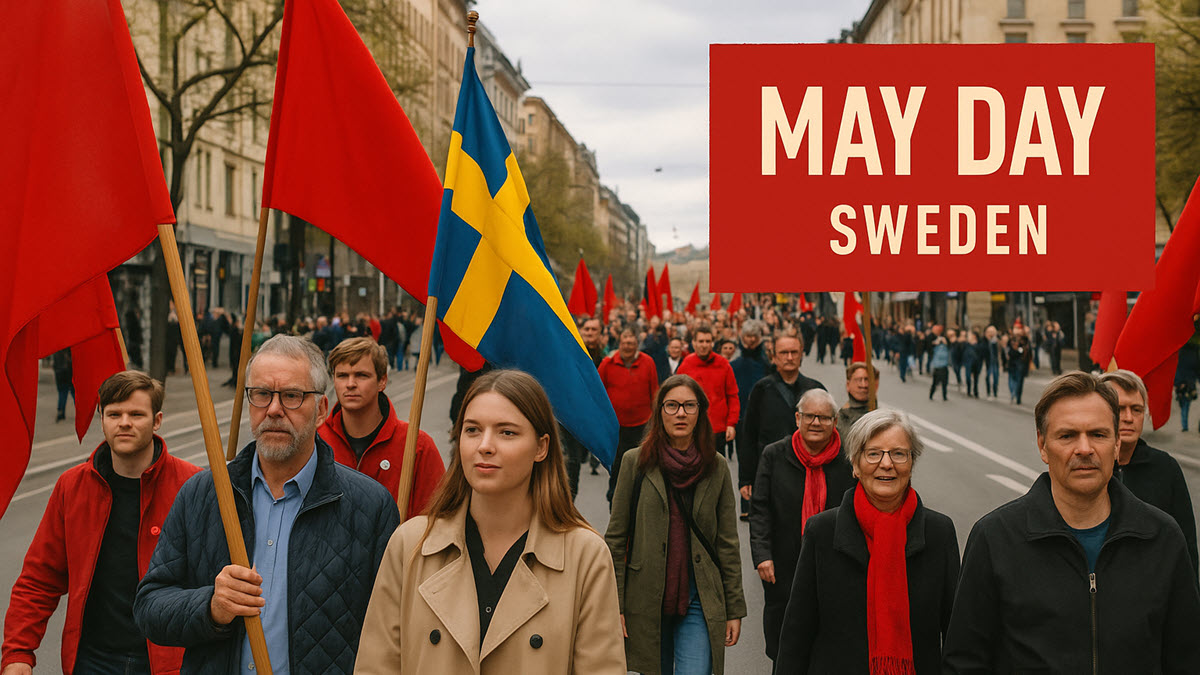
May Day Sweden
May Day is a public holiday focused on labor rights and social justice. It is officially recognized as International Workers' Day and is a time when political parties hold marches, rallies, and speeches across the country.
-
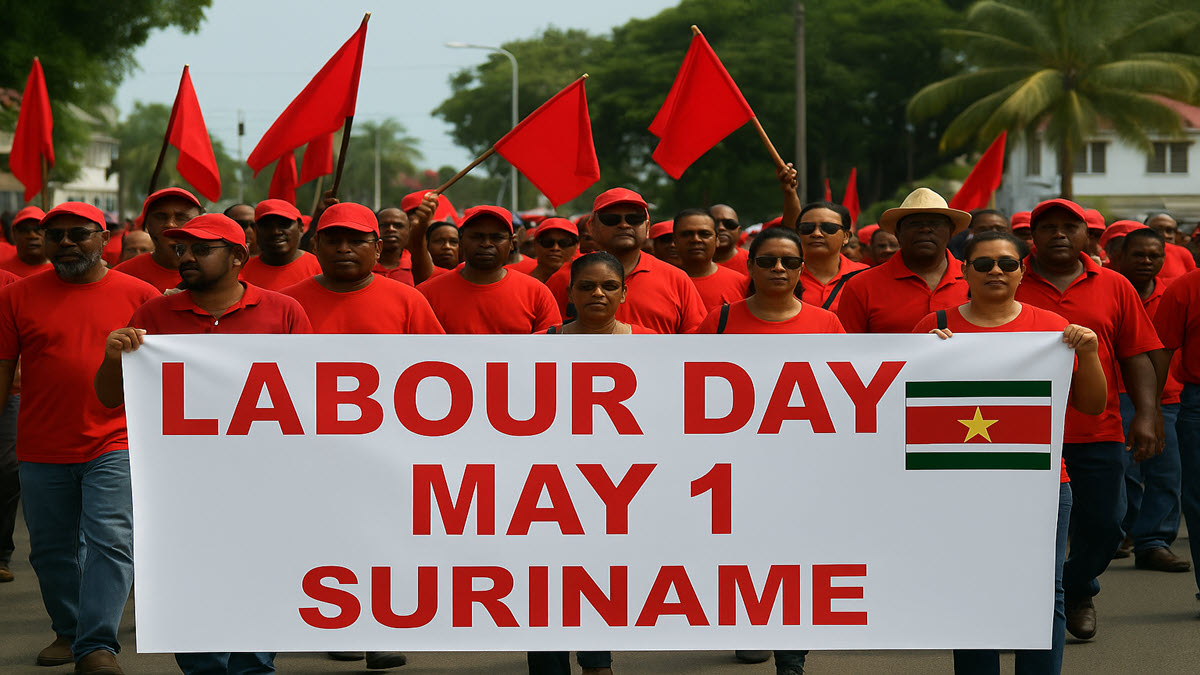
Labour Day Suriname
Labour Day in Suriname honors the contributions of workers and the achievements of the labour movement. Marked by union rallies, cultural events, and public recognition, it stands as both a celebration of workers’ rights and a call for continued social and economic progress.
-
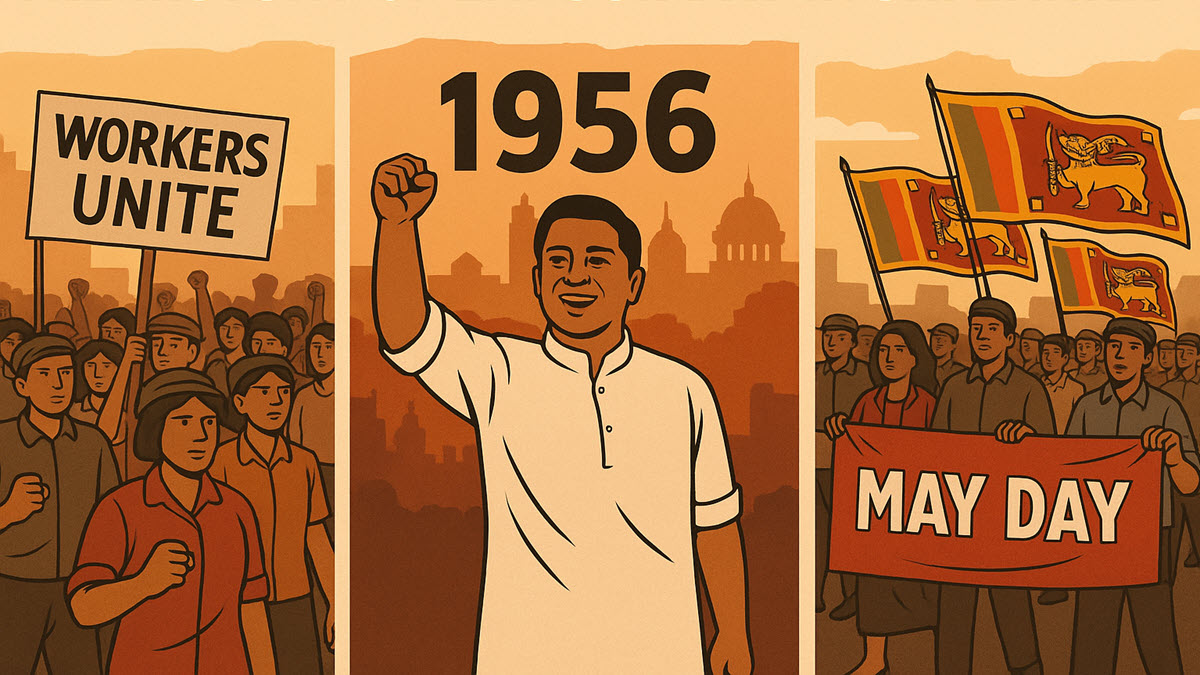
Labour Day Sri Lanka
Labour Day in Sri Lanka honors the contributions of workers and the global struggle for labour rights. Recognized as a national holiday since 1956, it is marked by rallies and speeches led by trade unions and political parties, emphasizing workers’ rights and social justice.
-
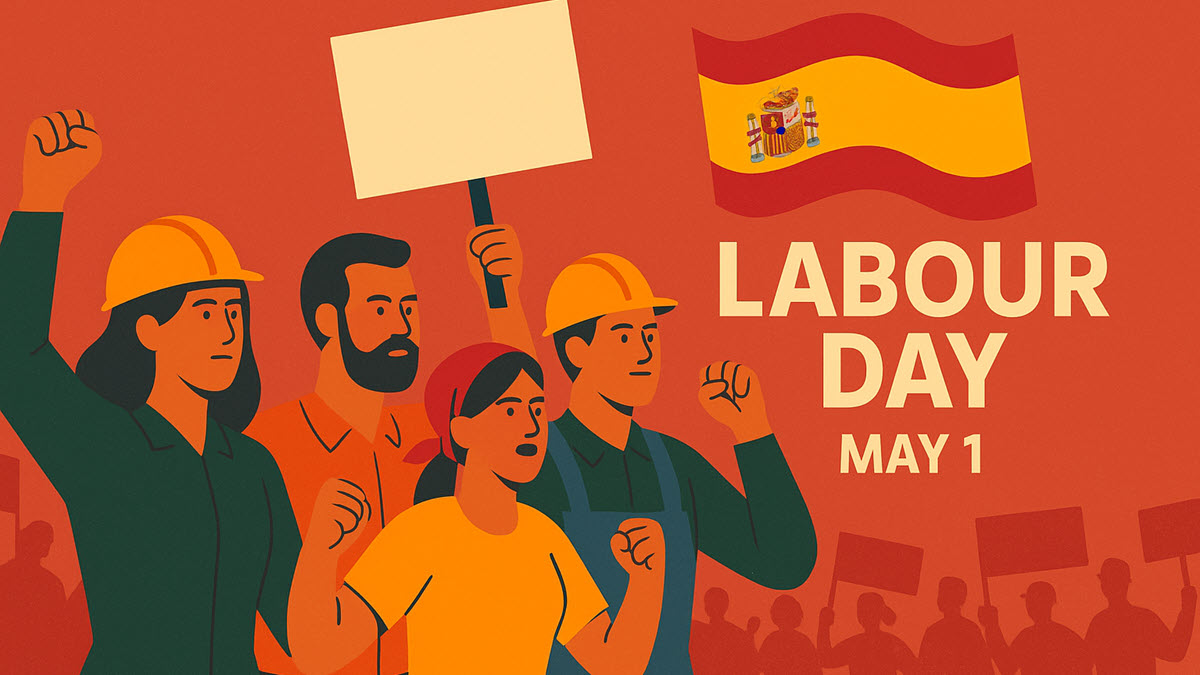
Labour Day Spain
Labour Day in Spain is a public holiday that commemorates the struggles and achievements of workers, with deep historical ties to both international and Spanish labor movements.
-
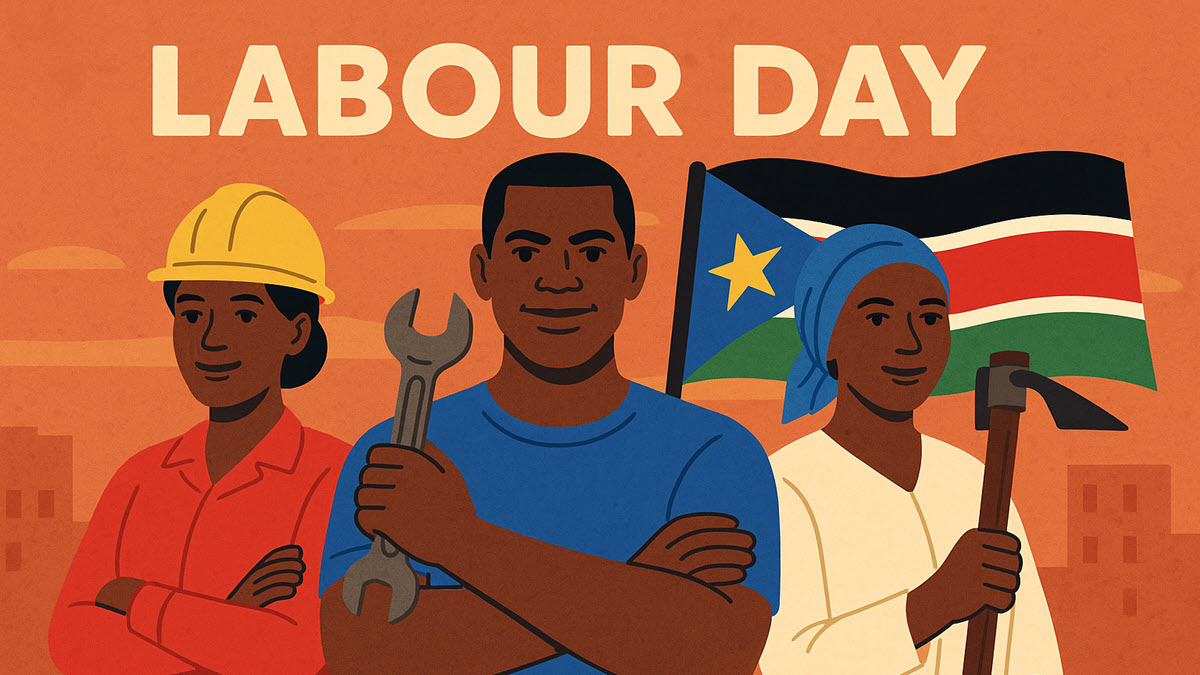
Labour Day South Sudan
Labour Day in South Sudan has its roots in the global workers’ movement but became nationally significant after independence in 2011. It is to honor workers’ role in nation-building, while also serving as a platform to call for fair labour practices and social justice.
-
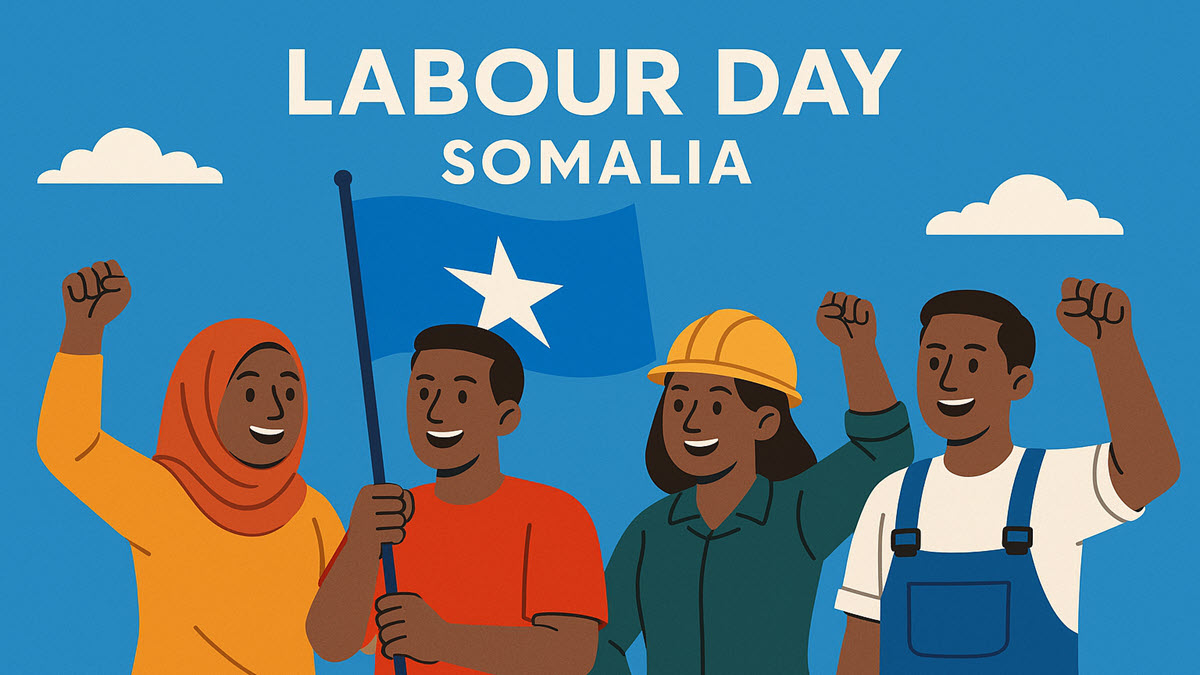
Labour Day Somalia
Labour Day in Somalia was adopted after independence in 1960, rooted in the global workers’ rights movement. It honors Somali workers’ contributions, with its observance shaped by socialist-era policies and continuing significance in calls for dignity, rights and economic rebuilding.
-
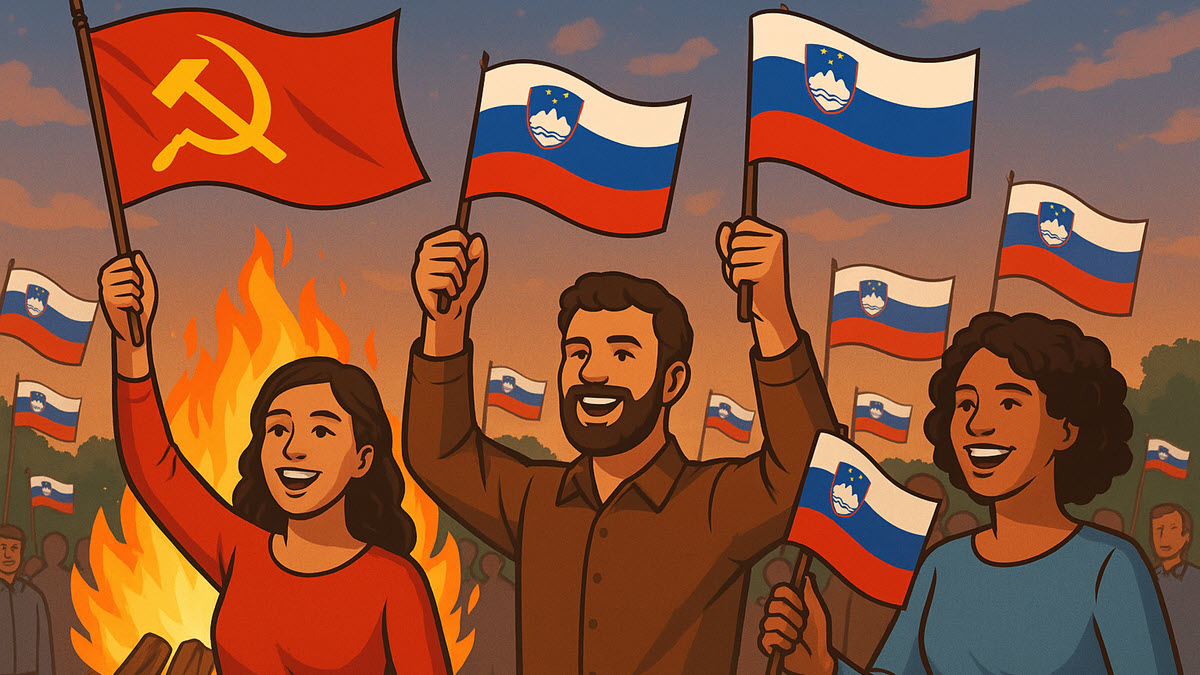
Labour Day Slovenia
Labour Day in Slovenia has been celebrated since the late 19th century, first under Austro-Hungarian rule, later as a major socialist holiday in Yugoslavia, and today as a two-day public holiday (May 1 and 2) that combines traditions like bonfires and picnics with recognition of workers’ rights and solidarity.
-
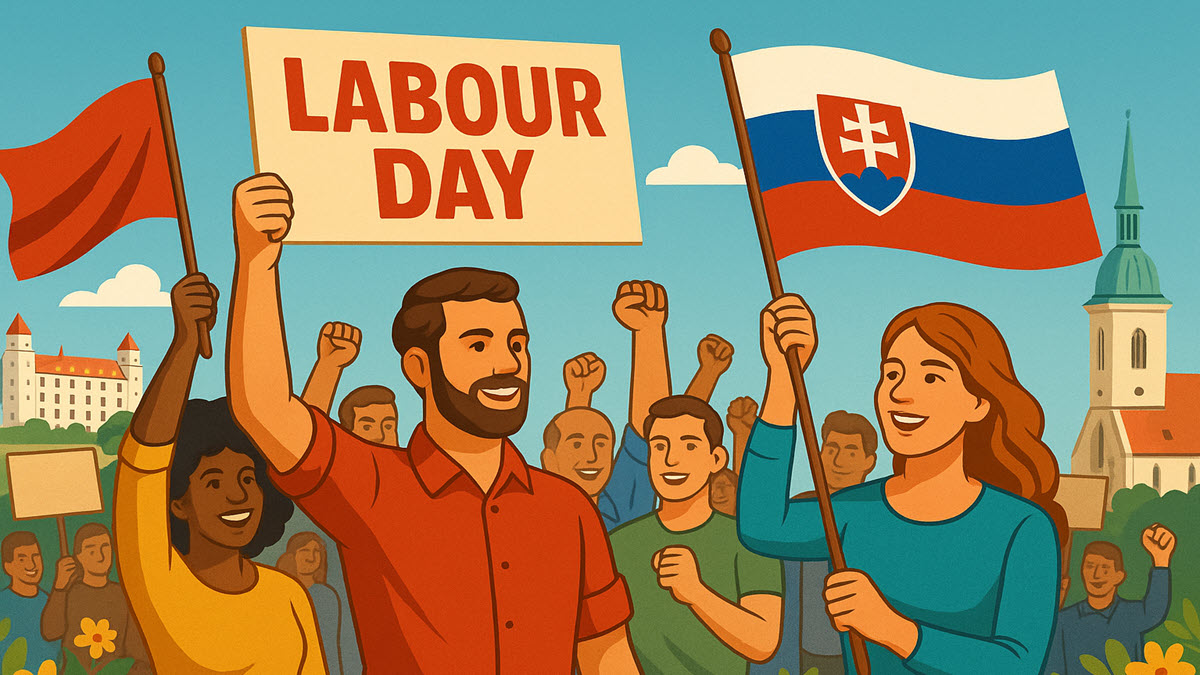
Labour Day (Slovakia)
Labour Day in Slovakia originated from the global workers’ rights movement, was strongly emphasized during Czechoslovakia’s socialist era, and today serves both as a workers’ holiday and a commemoration of the 1918 Slovak National Council, blending labor solidarity with national pride.